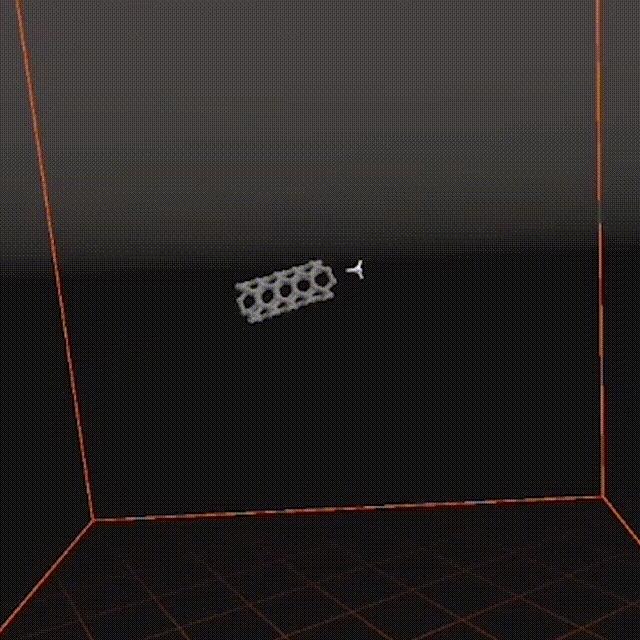Teaching AI Molecular Intuition: From VR Demonstrations to Autonomous Agents
Imagine stepping into a virtual world where you can grab, twist, and manipulate molecules with your bare hands. This is exactly what NanoVer offers, and we're taking it a step further by teaching AI agents to learn from these human interactions.
When scientists interact with molecular systems in virtual reality, every movement, every decision, and every successful manipulation becomes valuable training data. Think of it as teaching by example - but instead of teaching another person, we're teaching an AI system how to perform complex molecular tasks.
The beauty of this approach lies in its intuitive nature. Rather than programming explicit rules for molecular manipulation, we let the AI learn from expert demonstrations. As researchers thread methane molecules through carbon nanotubes or explore protein-ligand interactions, the system records these actions in precise detail, capturing both atomic positions and the forces applied.
The data collection process is remarkably sophisticated. Every frame of interaction is stored in a structured format, tracking not just atomic positions but also the subtle nuances of human decision-making in the virtual space. This rich dataset becomes the foundation for training AI agents through imitation learning.
What makes this particularly exciting for our field is how it bridges the gap between human spatial intuition and computational precision. Scientists can leverage their expertise and intuition in the virtual environment, while the AI learns to replicate these complex manipulations with consistency and precision.
We're currently exploring ways to investigate these systems, looking at hybrid approaches that combine imitation learning with other AI techniques. The goal is to create AI agents that not only replicate human demonstrations but also generalize effectively across different molecular systems and scenarios.
This fusion of virtual reality and imitation learning isn't just another tool in our arsenal - it's potentially a new paradigm for molecular research. By capturing and learning from human expertise in virtual reality, we're creating more intuitive and efficient ways to advance scientific discovery.
AI Agent Threading the methane molecule through the carbon nanotube in NanoVer

